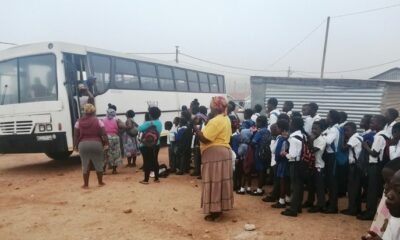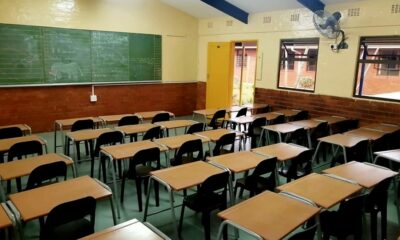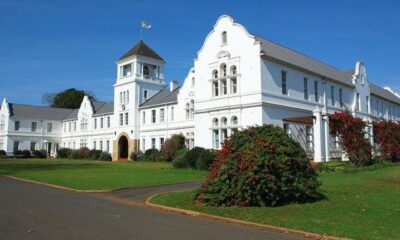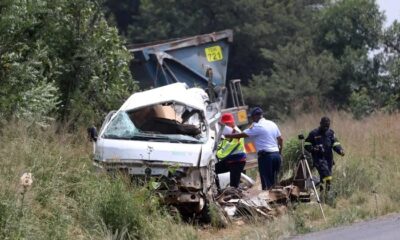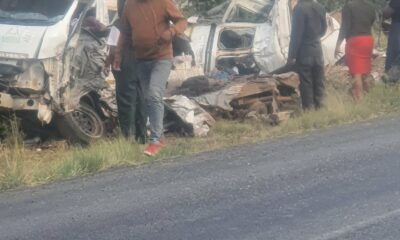News
GDE pushes back against Operation Dudula: “Immigration status won’t decide school placement”
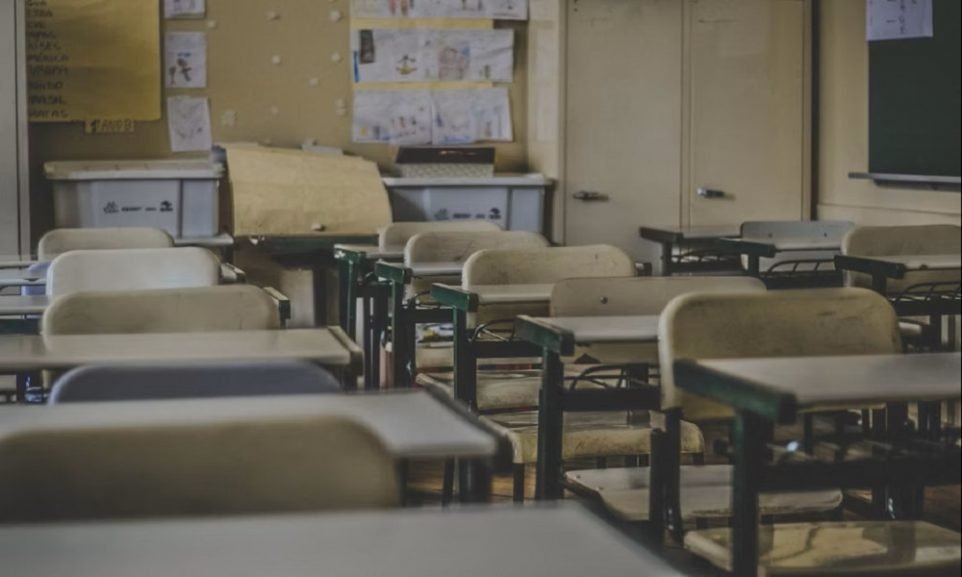
Soweto schools targeted with warnings
Tensions over immigration and education flared up again in Soweto after members of Operation Dudula allegedly delivered notices to some schools, instructing them not to admit undocumented pupils for the 2026 academic year. The move immediately sparked alarm among parents and educators who feared a new wave of disruptions in classrooms.
But the Gauteng Department of Education (GDE) has made its position clear: a child’s immigration status does not determine whether they can be placed in a public school.
“Placement is about where the child lives”
Speaking to the media, GDE spokesperson Steve Mabona stressed that the admission process is based on established criteria such as feeder zones, siblings already enrolled in the school, and proximity of the learner’s previous school.
“Well, as the department, we have interacted with the members of this organisation and reiterated that the admission process is that of following the admission criteria,” Mabona explained. “Citizenship or immigration status is not a determining factor.”
While documents are importantespecially for eligibility after Grade 12Mabona noted that undocumented children are not only foreign nationals. “We also have South Africans who probably don’t have documents,” he said, adding that the department will continue working with Home Affairs to assist families in resolving paperwork challenges.
Schools must remain safe spaces
The GDE condemned any attempt to interfere with teaching and learning. “Schools must remain safe and accessible environments for all pupils, parents and employees,” Mabona warned. Disrupting schools, he emphasised, is illegal.
The department reaffirmed its commitment to upholding the constitutional right of every child to education, regardless of background. “We will ensure that all school admissions are administered in accordance with the law, policy, and ethical governance,” Mabona said.
A wider social tension
This is not the first time Operation Dudula has clashed with education officials. The movement, known for its anti-immigrant stance, has previously staged marches targeting hospitals and communities where foreign nationals live and work. Their push into schools raises deeper questions about how immigration debates are being projected onto children.
Many parents in Soweto have taken to social media to express frustration. One mother wrote on Facebook, “Children should not suffer because of politics. Education is their right.” Others, however, sided with Dudula, arguing that scarce resources should first serve South African learners.
A test for South Africa’s democracy
At its heart, the standoff is not just about paperwork. It touches on a broader national strugglebalancing the rights enshrined in the Constitution with mounting public anger over inequality, unemployment, and service delivery.
As one education analyst put it, “Targeting undocumented pupils won’t fix overcrowded classrooms or broken infrastructure. It just distracts from the real crisis in education.”
For now, the GDE’s message is firm: schools are for learning, not for political battles. Whether that stance holds in the face of community pressure remains to be seen as the 2026 academic year approaches.
{Source: The Citizen}
Follow Joburg ETC on Facebook, Twitter , TikTok and Instagram
For more News in Johannesburg, visit joburgetc.com

